Herb Ringer was more than a photographer—he was a curator of the American West
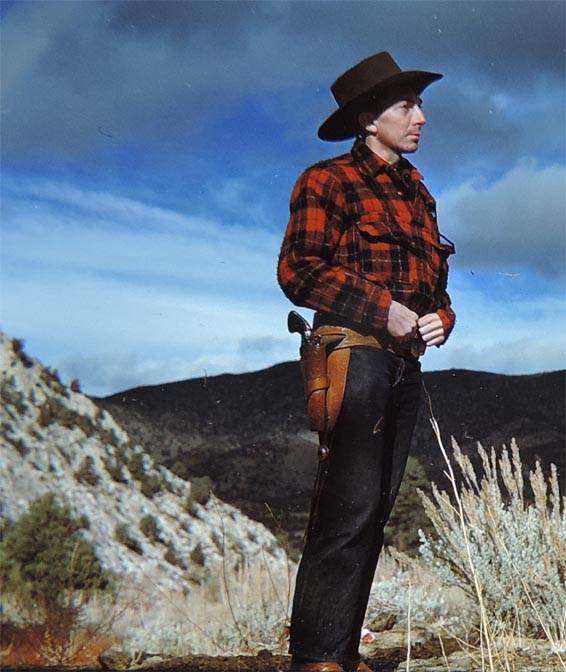
In the spring of 1986, my life, as it always seems to be, was in turmoil. A dear friend had recently died suddenly, and I was really struggling with the loss. It was the second close young friend to die on me in just a few short years.
I wrote to a few friends, including Herb Ringer, who lived in Fallon Nevada. Most didn’t know what to say or do. Many stayed away. Though it was winter and bitter cold, when Herb received my letter, he immediately prepared to come visit. He knew he would not be back to Fallon for months, so it took Herb several days to prepare for the trip. But sure enough, in February, through brutal cold temperatures and dangerous blizzards, Herb Ringer arrived at my doorstep. He threw his arms around me and broke into tears. We both stood there on the door stoop, sobbing. Finally we came inside out of the cold. We talked for hours and hours. Mostly I talked and he listened. Each of us desperately trying to understand how this could have happened. Neither of had answers. We knew deep down that to the day of our deaths, no answer would ever be found.
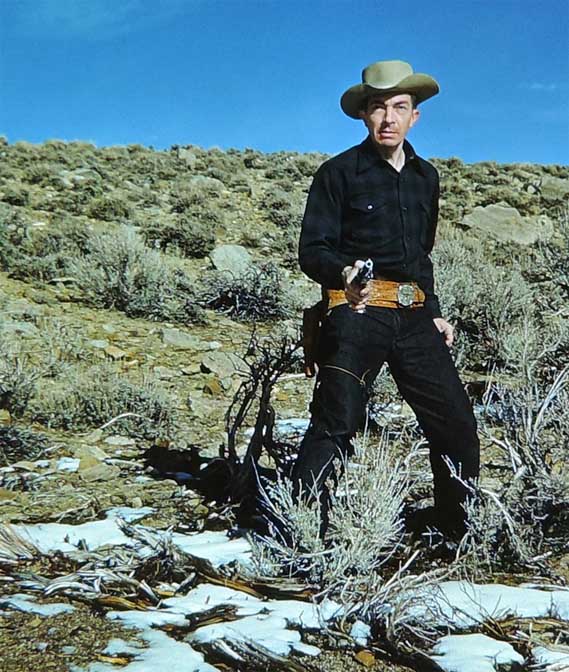
He stayed several days–he had known her too, and they had both connected immediately —but now he was there…here for me. He stayed a week. Finally I urged him to move on. I knew he really couldn’t help me. Only time and my own inner strength could do that. I doubted that I had either.
But as he was preparing to go, he quietly handed me a paper bag. “Here,” he said. “This may not mean anything to you now…but maybe someday it will…I know we are kindred spirits. Someday this will mean as much to you, as it does to me.” I nodded and absently took the paper bag. I didn’t even bother to look inside. I placed the bag in the bottom drawer of my dresser and completely forgot about it.
But several months later, I rediscovered the paper bag and opened it up. It contained several hundred Kodachrome transparencies from the camera of herb Ringer. They were images of the American West, in pristine condition; the color was as vivid and sharp as the day Herb took them. Now he had given them to me. I was overwhelmed and Herb was delighted that he’d found someone who loved and appreciated his photographs as much as I did. This was 1986. Over the next eight years, Herb began giving me more of his photos. From the very beginnings of The Zephyr, I started featuring those images, though for the 20 years The Zephyr was in print, I couldn’t afford the cost of color reproductions. All that changed when The Zephyr went online.
But in 1994, Herb faced a major change in his life. He discovered he was suffering from macular degeneration, of all things, a deterioration of his eyesight. Herb’s vision was everything to him. Since he started driving we once calculated that he had traveled over 1.5 million miles, exclusively in Ford vehicles. Now all that was about to end.
For all those years, Herb had come to Arches and Moab, twice a year, in the Spring and Fall. Now those days were over. His vision had become so bad that he could not drive. He relinquished his drivers license and resigned himself to a life at home in Fallon. As a consequence, it was my turn to visit Herb. At least twice a year, and often more than that, I made the journey from Moab to Fallon. I would park my truck in front of his Smoker trailer, the same trailer that had been his home since 1954 and stay close to a week.
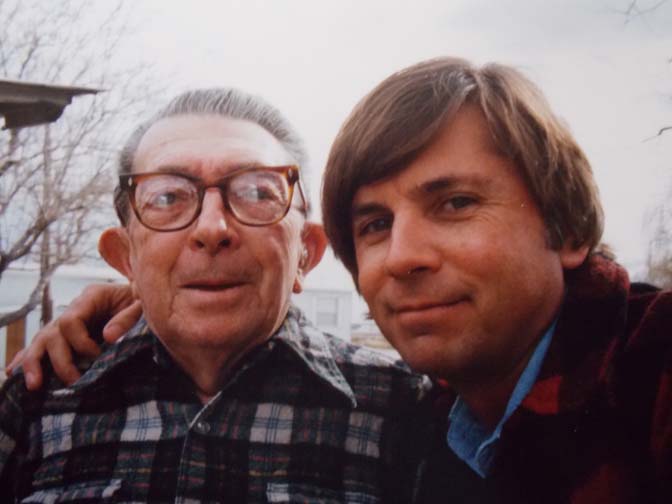
And now Herb wanted to start sharing other treasures with me. His extraordinary photographs were just the beginning. He wanted to share the rest of his prized possessions. That’s what this Zephyr Extra Part 1 is about.
In that little 42 foot trailer, Herb maintained a museum of sorts. Knowing we shared a love of Western history, he began to insist that I take them. He knew I would cherish them as much as he did. And so, slowly, a few items at a time, Herb would often disappear into the back of his little home and emerge with one more “gift.” Some of those treasures were gone. Sold or pawned years ago. He actually apologized to me once for selling some of his treasures to make ends meet. But there was so much left.
Herb was not a wealthy man by any means; in fact, in the last few years, he really struggled financially and I was able to work with social services in Fallon to improve his situation. Herb simply didn’t know that such services were available. He became their favorite client and was apparently the only man in Fallon to ever bring the social workers flowers for all their help. And I often insisted on buying some of these items to help out too. I practically had to force him to take the money.
Earlier in his life, however, when he was managing a grocery store in Reno, Herb would save up to buy only the highest quality products to serve his interests. Below are just some of them. Some are vaIuable; some are not. But all of them are priceless. I look at these objects and wish I had the resources to create a “Herb Ringer Museum of the West;” full of giant reproductions of his amazing photos, images of his beautiful journals, the video and audio tapes I still have. and the cherished Herb Ringer possessions I want to show you. Here are some of them…Jim Stiles
THE LEATHER-BOUND ALTIMETER
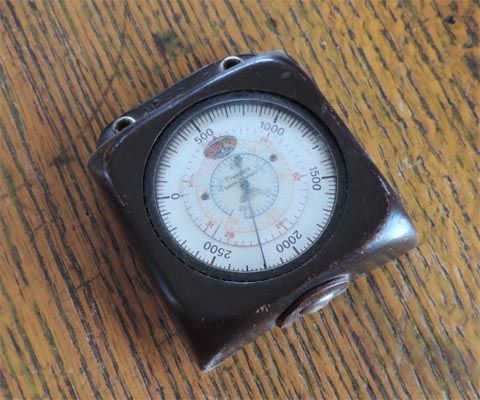
HERB’S LEATHER-BOUND AMMUNITION CASE made by the GEO. LAWRENCE CO. PORTLAND, OR.
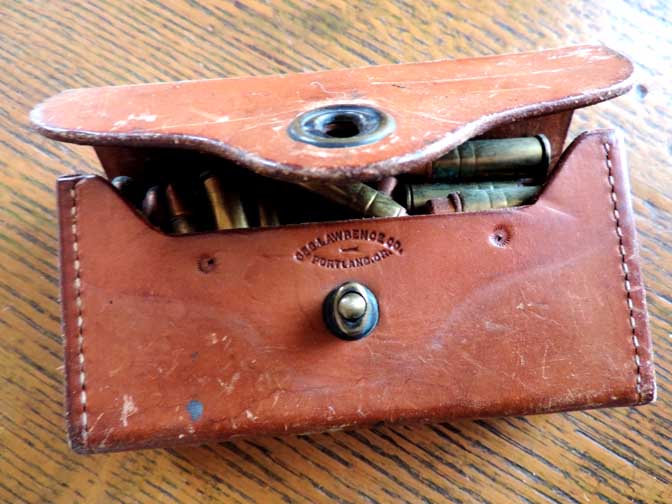
The Geo. Lawrence Company ceased to exist several decades ago,
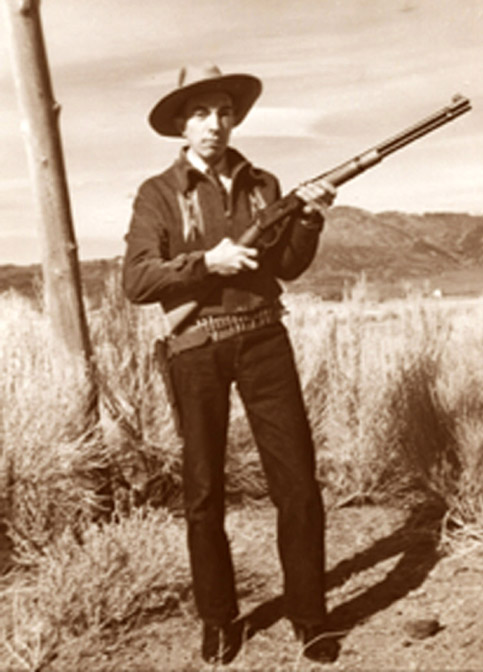
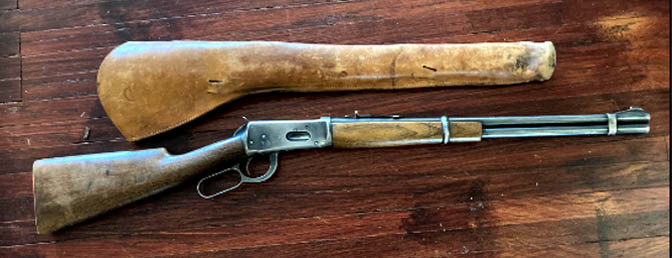
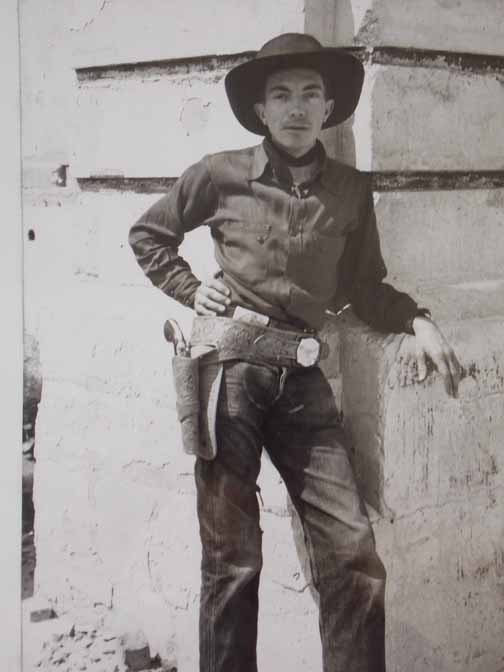
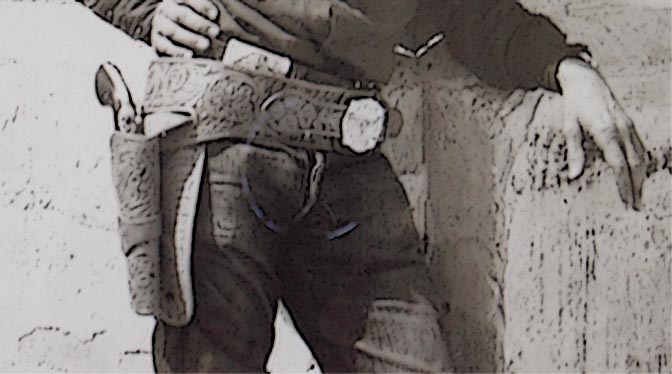
He regretted it to the end of his life.
HERB’S HAND-DESIGNED SILVER DOLLAR MONOGRAMMED CONCHO BELT
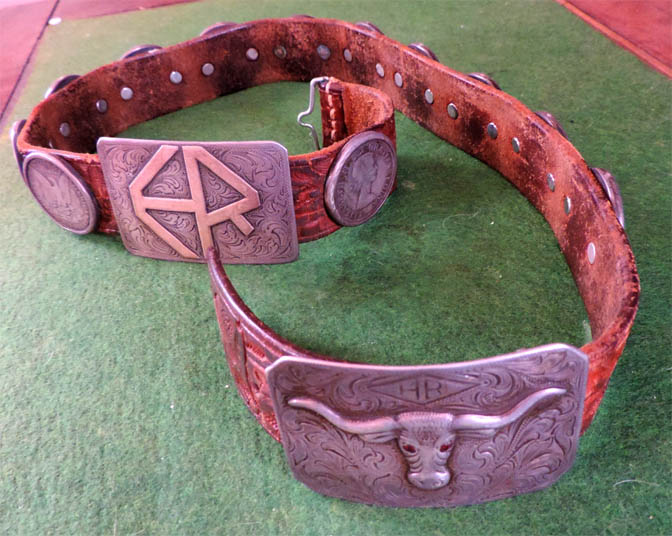
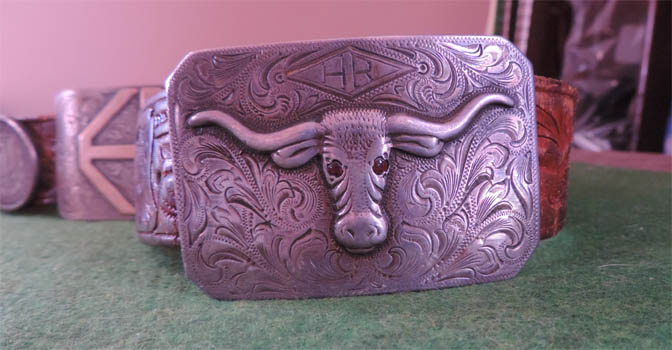
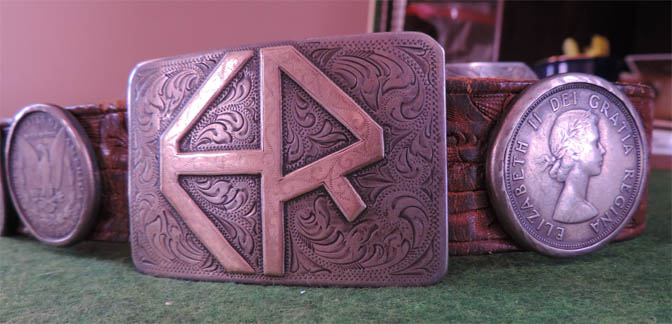
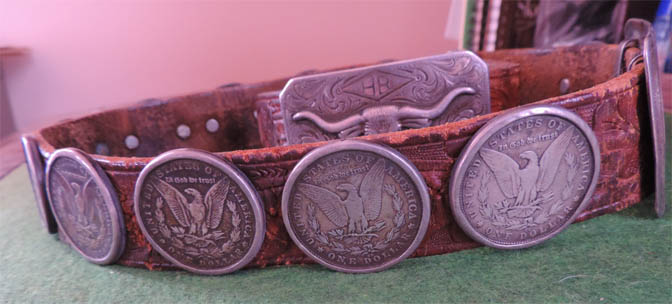

ANOTHER SILVER- TURQUOISE-CORAL BUCKLE DESIGNED BY HERB
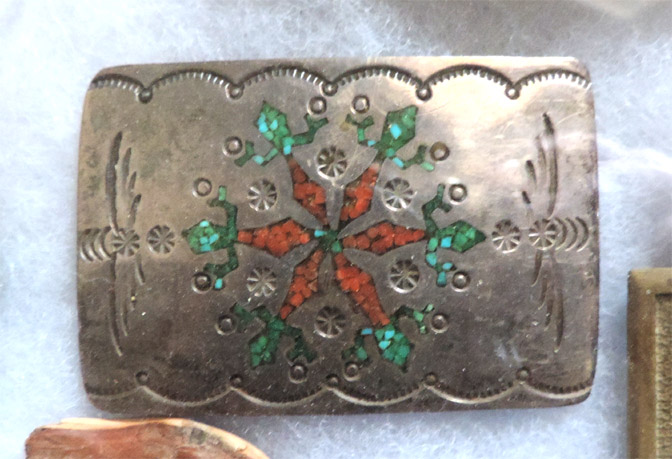
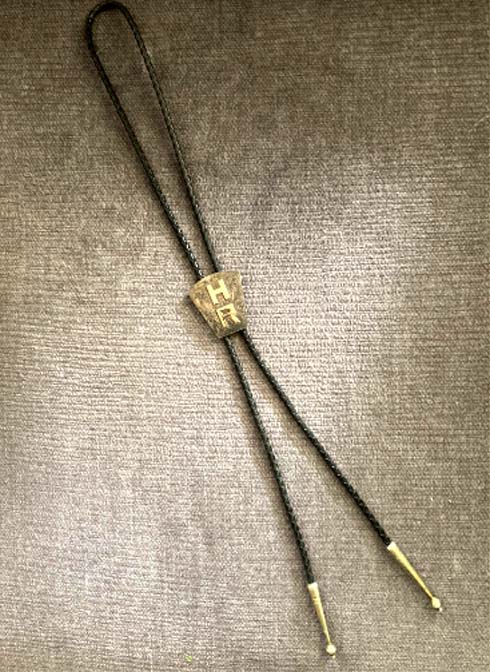
‘
THE CANVAS WATER BAGS
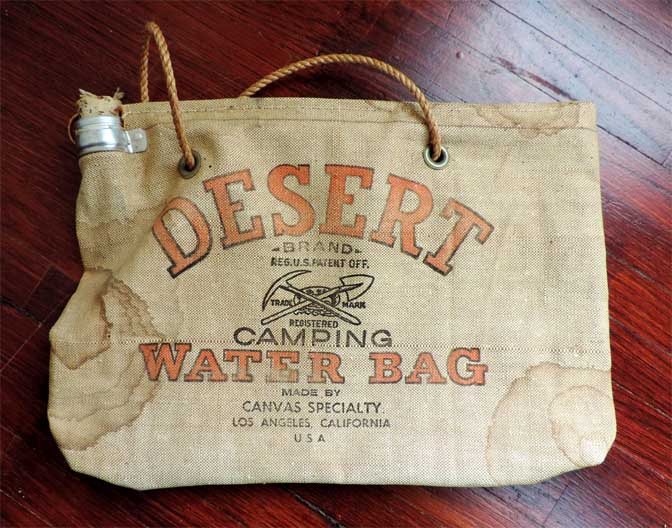
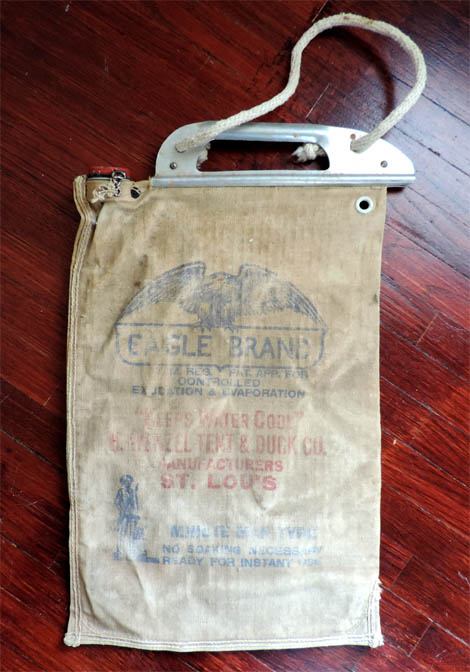
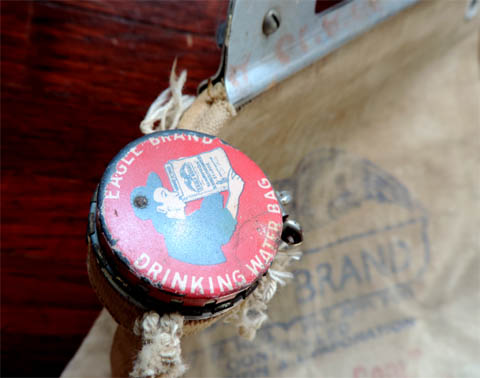
THE CAMERAS
The 1941 Kodak Ektra
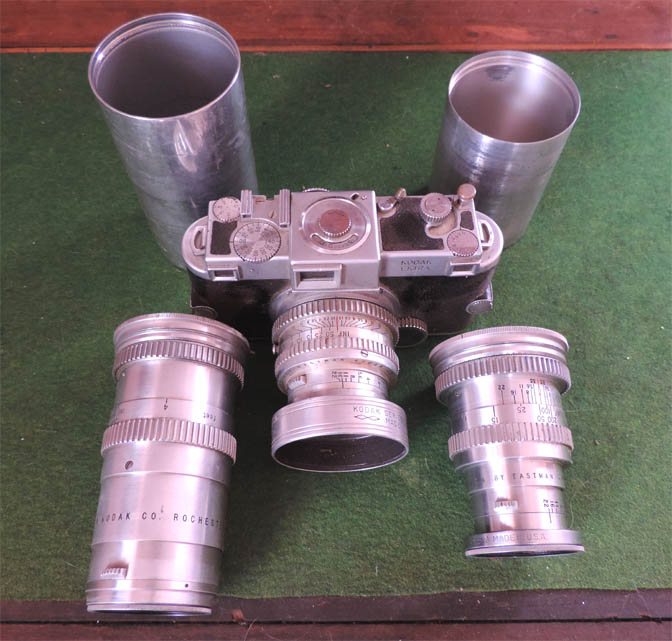
The Ektra was Kodak’s (and America’s) only and last attempt to produce the finest system 35 camera. It was amazingly innovative and feature laden, actually outshining the contemporary Leica and Contax in terms of features. Introduced in 1941, it found no market when re-introduced in 1948 at the princely sum of $700. The Ektra’s firsts and features are very impressive:
1st RF to have a parallax compensated finder!
1st 35 to offer lens coating on all lenses
1st 35 RF to offer interchangeable backs
1st 35 to offer built in zoom finder (varifocal — needs refocusing for each lens)
1st 35 RF to offer lever advance (back mounted)
1st 35 RF to use a film rewind lever
Lenses from 35 to an amazingly long 153 mm
A long list of optional accessories
Alas, the Ektra did have one small problem. Ektra shutters are notoriously unreliable. It probably has the dubious honor of having the most unreliable shutter ever put into a quality 35 mm. Roughly 95% of all the 2500 or so Ektra shutters stopped working decades ago.
For more on the Kodak Ektra, click here.
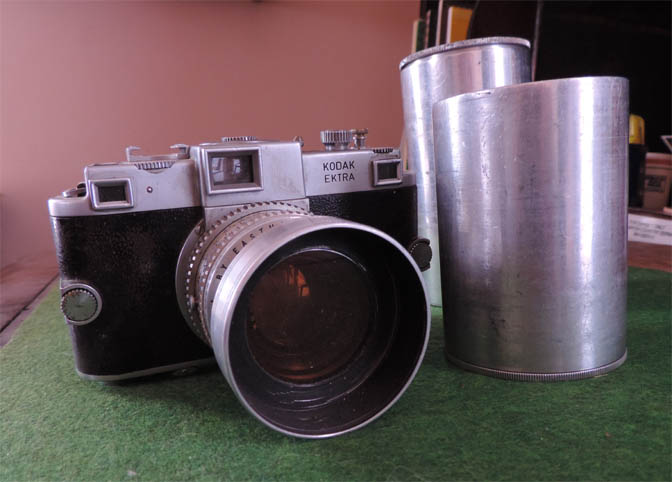
And Herb’s beloved Rolleiflex 2 1/4 camera
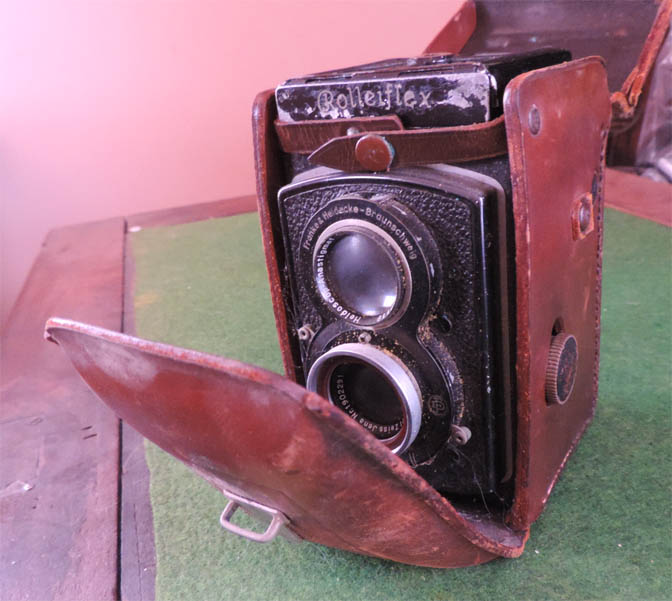
The Rolleiflex TLR film cameras were known for their exceptional build quality, compact size, modest weight, superior optics, durability, simplicity, reliable mechanics and bright viewfinders. The high-quality 7.5 cm focal length lenses, manufactured by Zeiss and Schneider, allowed for a smaller, lighter, more compact camera than their imitators.The highly regarded Zeiss Planar f2.8 and Schneider Xenotar lenses, both 80mm focal length and fast in comparison, are both state of the art optics. Unique to the Rolleiflex Automat and letter model cameras, the mechanical wind mechanism was robust and clever, making film loading semi-automatic and quick. This mechanism started the exposure counter automatically, auto-spaced the 12 or (on the later model F cameras) 24 exposures, and tensioned the shutter; all with less than one full turn of the film advance crank. This makes the Rolleiflex Automat/Letter model cameras very sought-after for shooting fast-paced action, such as street photography.
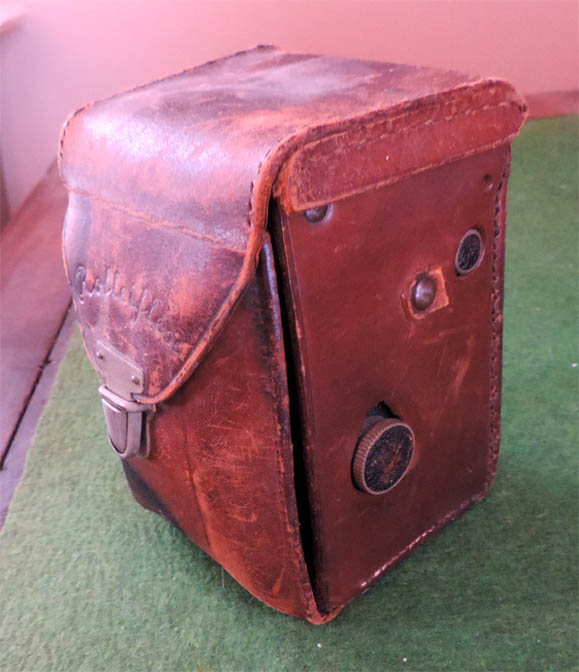
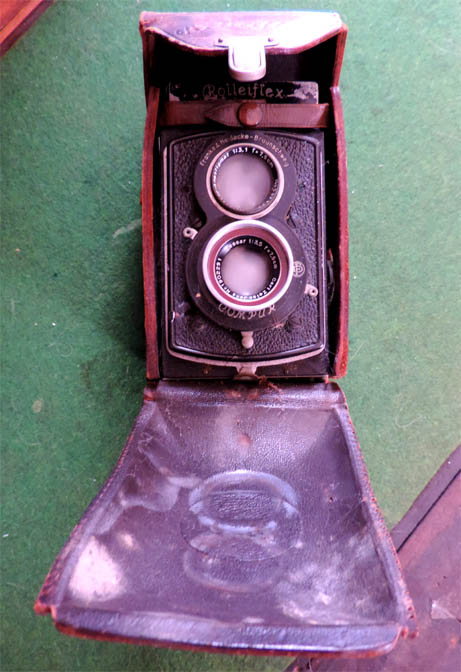
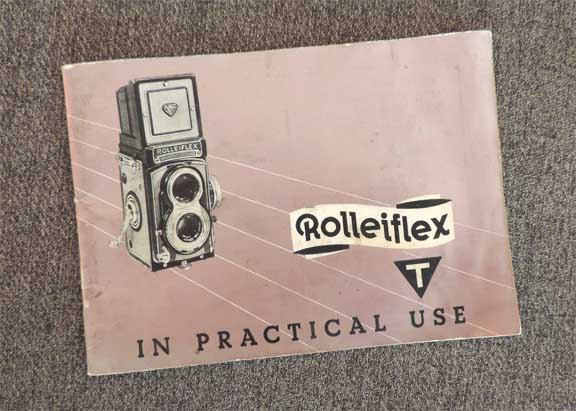
Can you imagine service like that today?
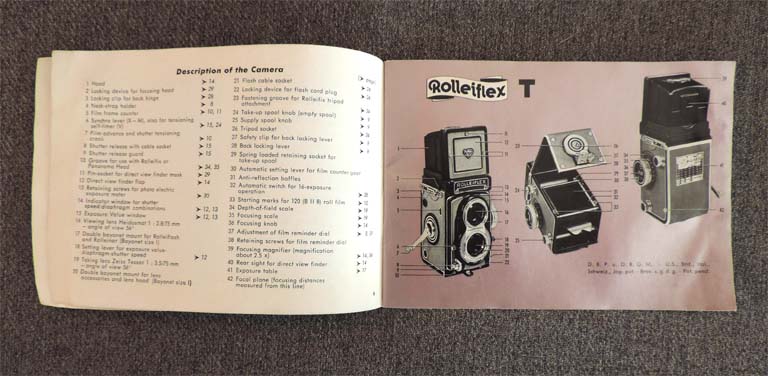
HERB’S TRUSTY PRICE MARKER
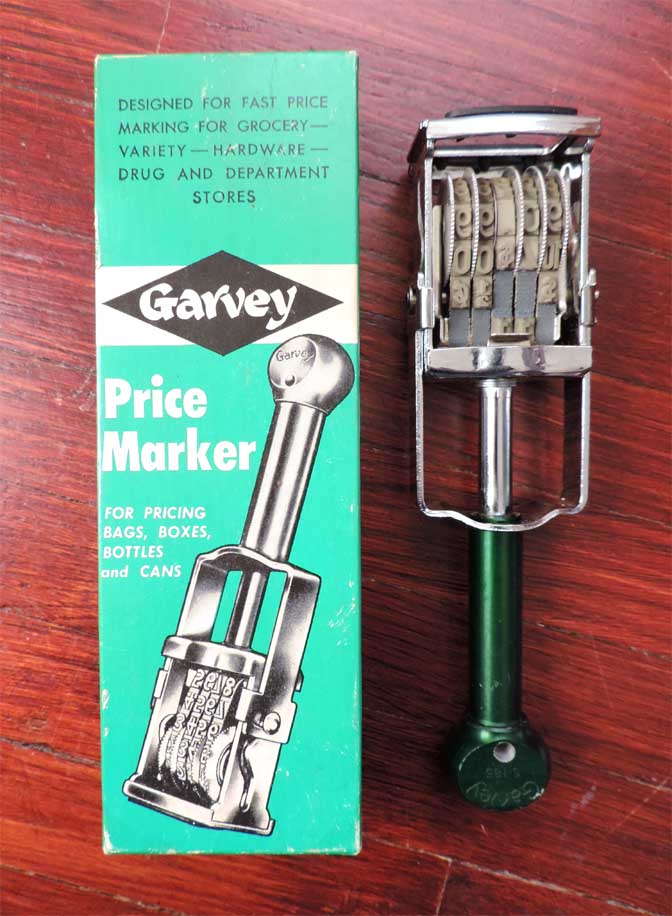
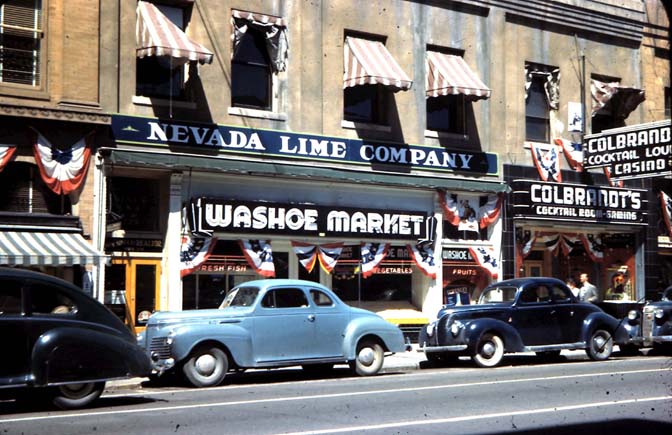
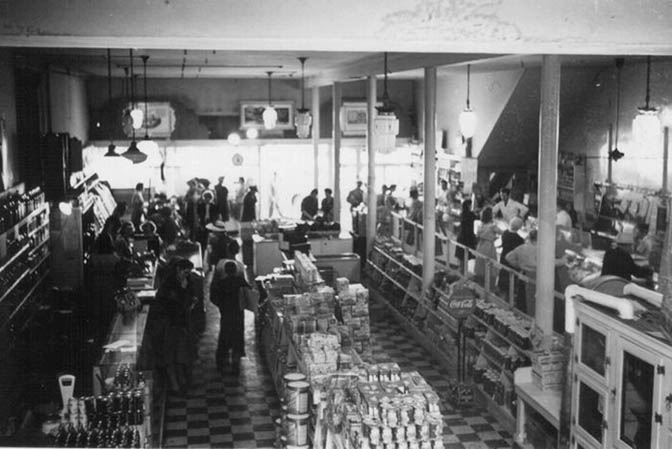
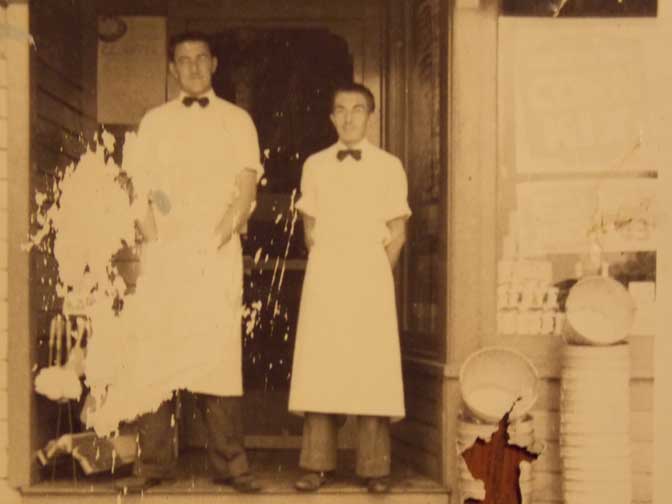
about 1933.
THE SEEMINGLY INNOCUOUS THUMB TACK BOX
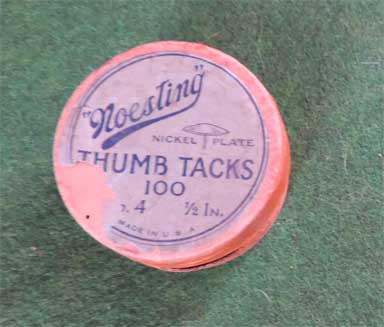
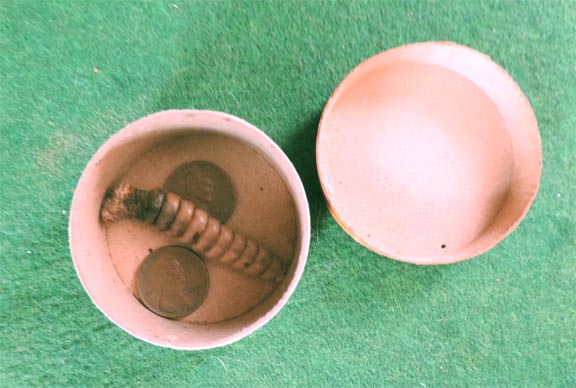
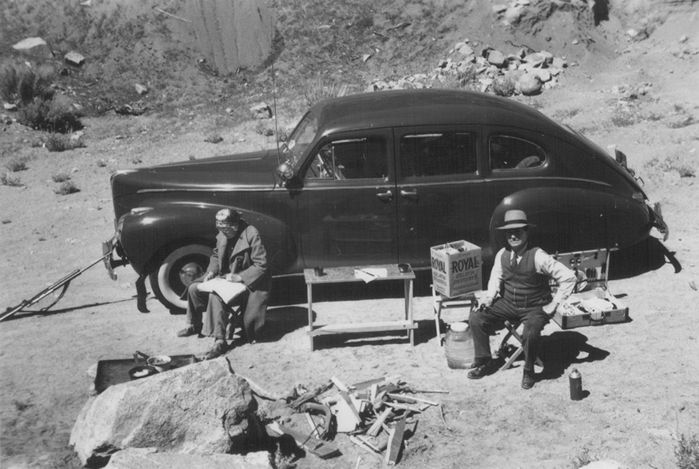
“HOME SWEET HOME”
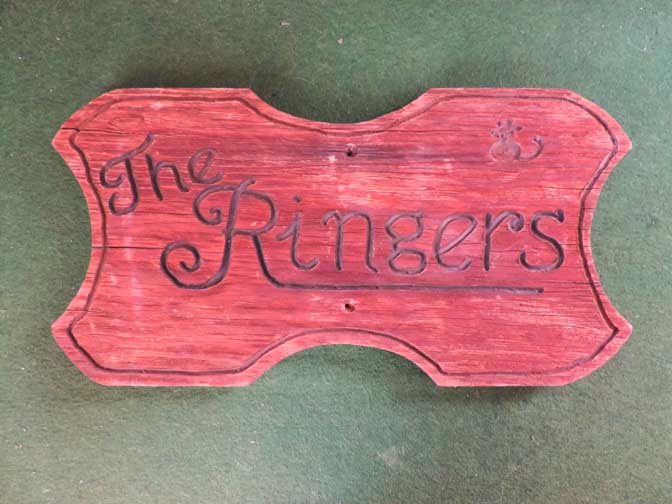
The “SMOKER” TRAILER INSIGNIA… HIS HOME FOR 44 YEARS
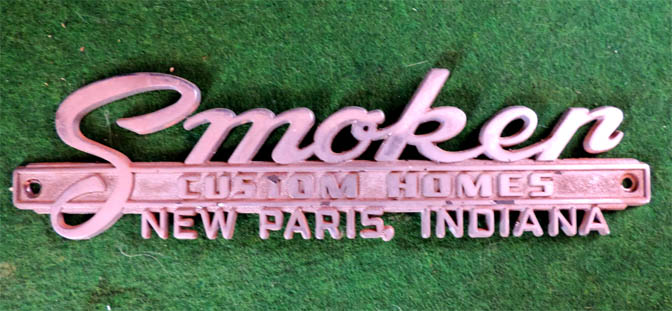
THE EXTRAORDINARY CONTENTS OF THIS PLASTIC BOTTLE
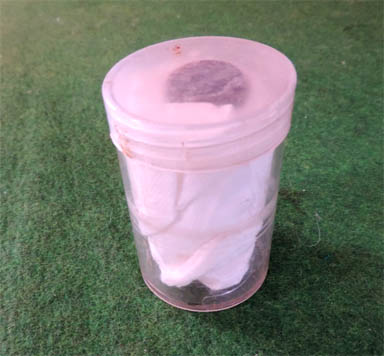
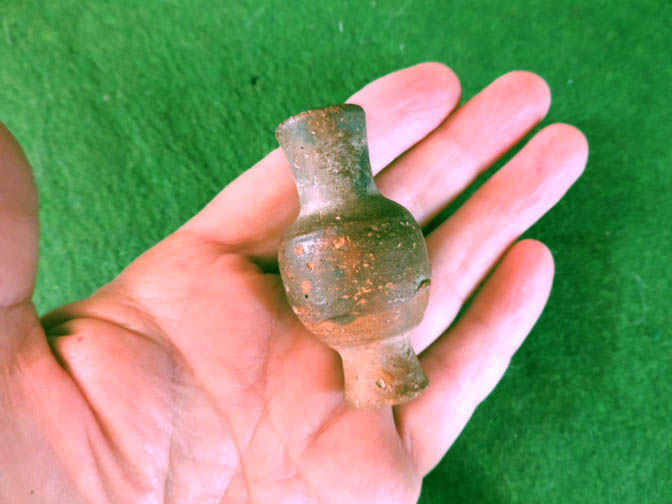
About a year before his death in December 1998, I spent some time with Herb at his home in Fallon, Nevada. He lived in a 42 foot “Smoker” house trailer that he purchased in the early 50s. One night as he regaled me with stories of the Old West, I noticed a small plastic cylinder on his kitchen table. It appeared to be stuffed with tissue, but knowing Herb, I reckoned there must be more to its contents than toilet paper. Herb’s deteriorating eyesight made it difficult for him to see any small object so I described the small plastic container.
“Oh yes…You might as well have it. I can’t even see it anymore.”
“Well what is it?” I asked.
“It’s priceless,” Herb replied.
“Okay, Herb,” I said, “but what is it?“
“Oh…It’s from King Tut’s tomb.”
This is the story Herb told me. In the 1920s, Herb’s father Joseph Ringer played the french horn for some of the most celebrated orchestras in the country. One of Joseph’s fellow musicians traveled to Europe in the summer of 1925 to play with an orchestra in Vienna. But during a break, he took a side trip to Cairo. Tutankhamen’s tomb had been discovered the year before and locals had been hired, at pauper wages, to do most of the heavy digging. Subsequently many of the diggers concealed small artifacts in their clothing and sold them on the streets of the city. Herb’s friend purchased the small vessel and returned to the United States at the end of the summer, he gave the artifact to Herb for his 10th birthday.
Is it really from King Tut’s tomb? I’ve never found out. I know it’s at least 100 years old and that it was one of Herb Ringer’s treasures. That’s enough for me…JS
THE MOST PRICELESS GIFT OF ALL
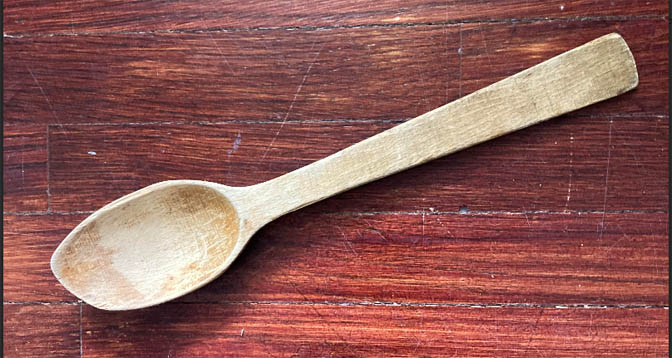
Herb was born in 1913. I believe Sadie was born around 1880. That would probably mean that this spoon, so cherished by his grandmother, mother and Herb, dates back to the time before the American Civil War. No wonder it meant so much to him.
NEXT TIME: When I post Part 2 of Herb’s artifacts, you’ll learn yet another aspect of this amazing man. And his extraordinary appreciation for history….JS
TO COMMENT ON HERB’S ARTIFACTS, SCROLL TO THE BOTTOM OF THIS PAGE

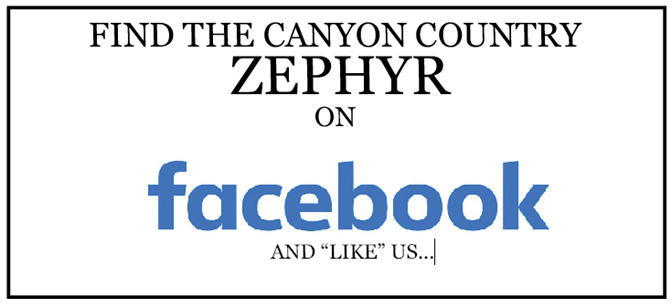
You can still “like” individual posts.
Why they can’t just leave the site alone is beyond me,
but that’s what Facebook likes to do.
ALSO NOTE: I post old photographs and stories from our 25 year old archives every day. Pictures from Herb Ringer, Edna Fridley, Charles Kreischer.. even a few old photos from my Dad. So if you want to stay caught up on our historic photo collections,
be sure to “follow” us on Facebook…Thanks…Jim
https://www.facebook.com/FansoftheCanyonCountryZephyr/
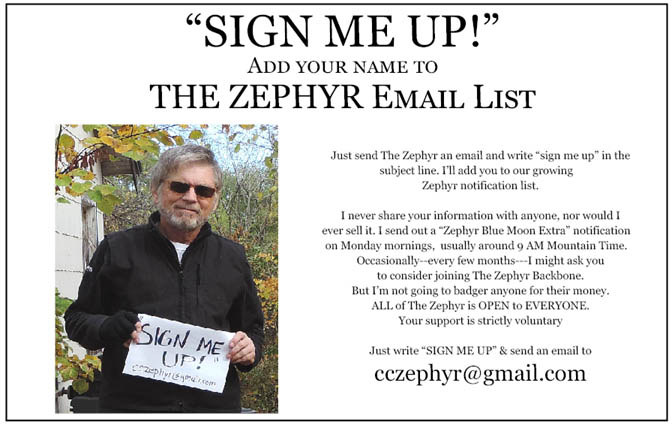
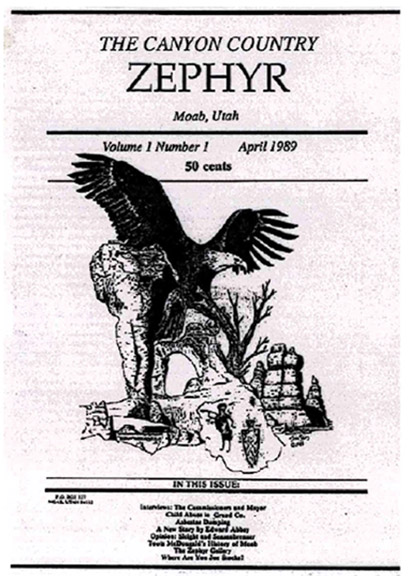
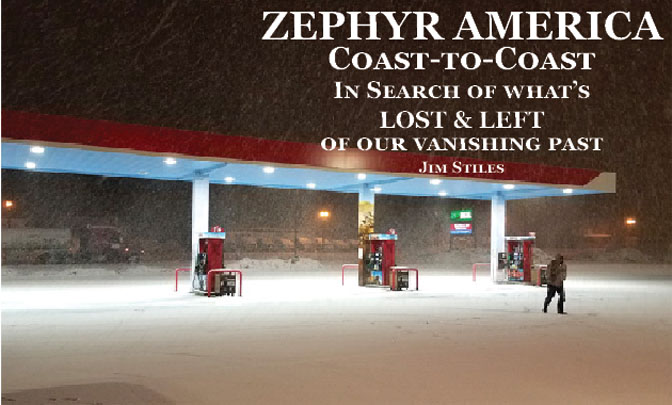
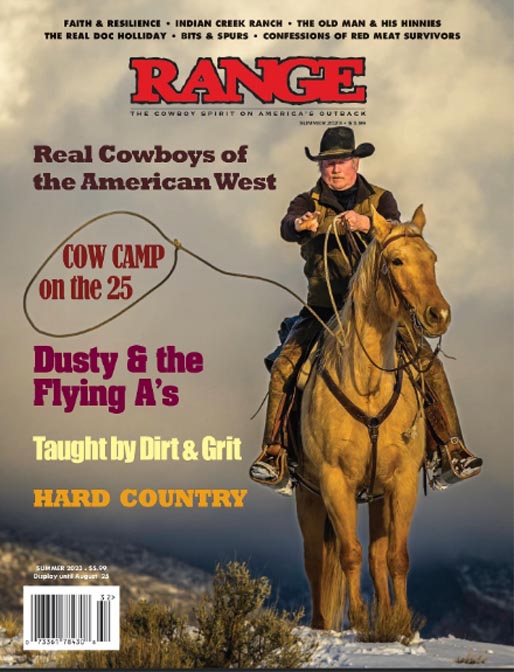
NOTE: The upcoming summer issue of RANGE includes a tribute to lifelong Moabite Karl Tangren.
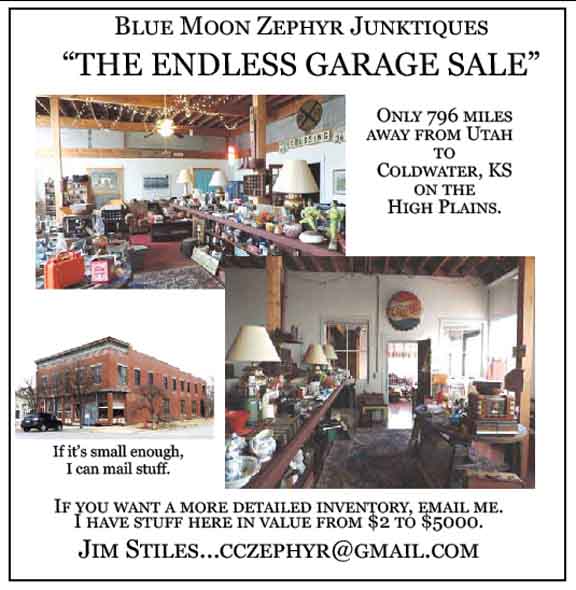
https://www.facebook.com/profile.php?id=100086441524150
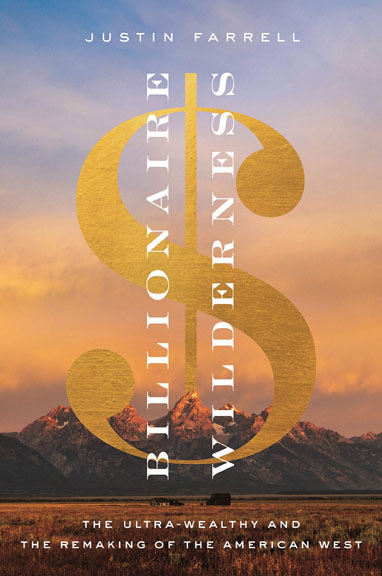
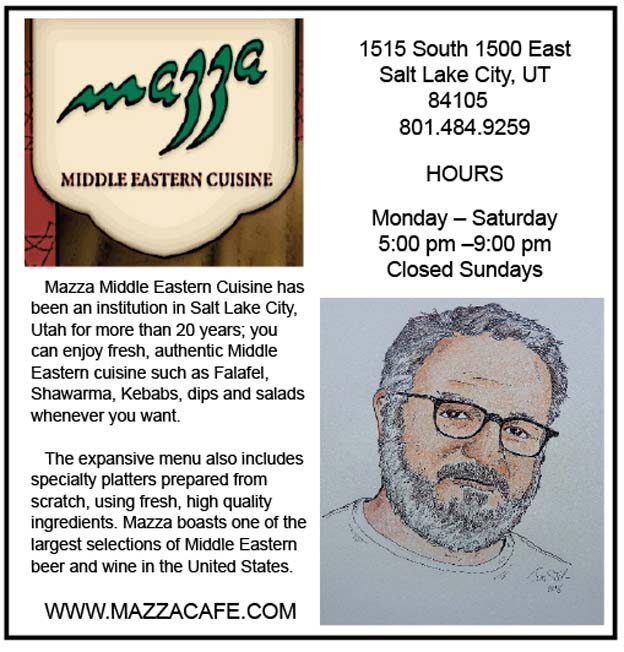
And check out this post about Mazza & our friend Ali Sabbah,
and the greatest of culinary honors:
https://www.saltlakemagazine.com/mazza-salt-lake-city/
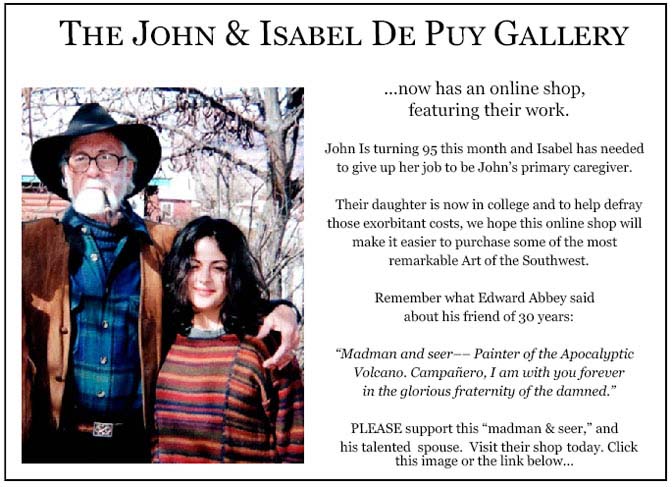
Adios Amigo…
More than six years ago, The Zephyr, me & four other individuals were sued for defamation by the former Moab City Manager. Faced with mounting legal bills, my dear friends John and Isabel De Puy donated one of John’s paintings to be auctioned.
ALL the proceeds went to our defense.
Thanks to them, our bills were almost completely covered.
Now I’d like to return the favor. Check out the link below and their online shop… JS
https://www.depuygallery.com/shop.html

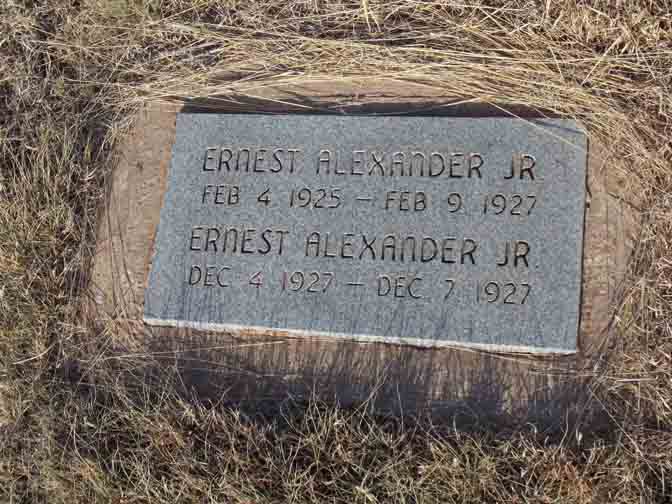
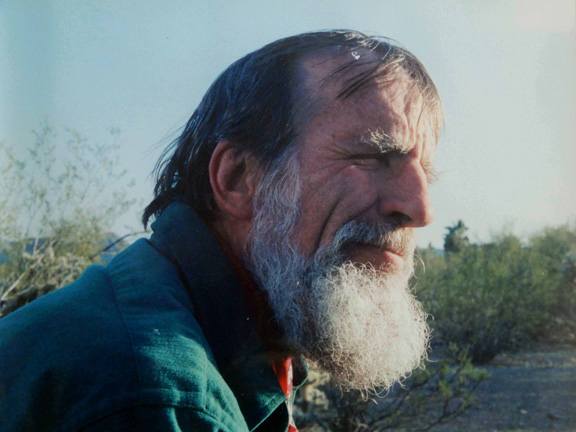
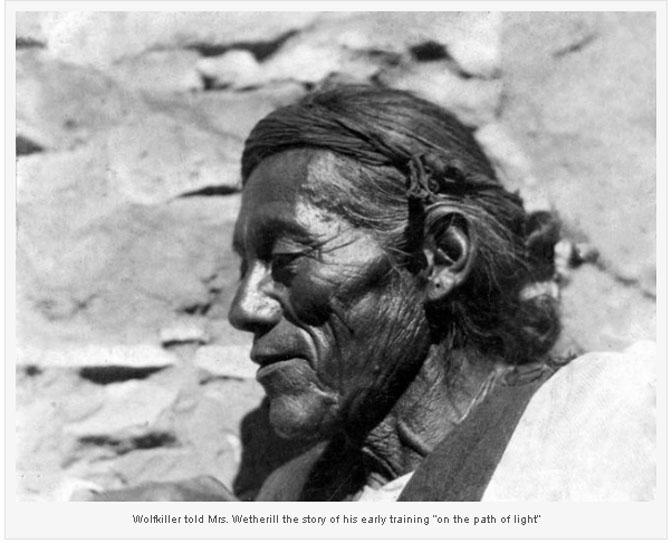
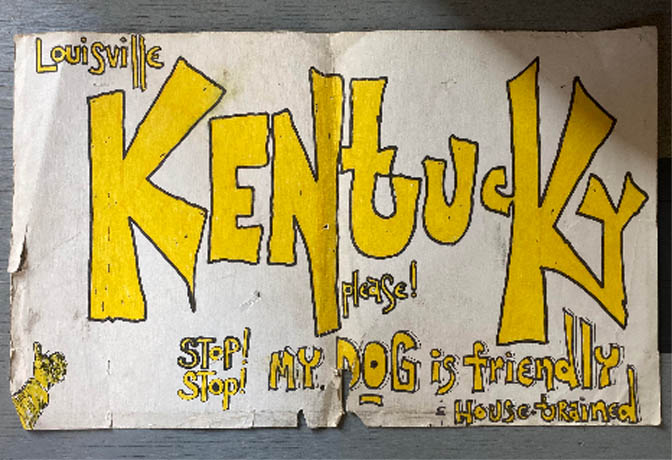
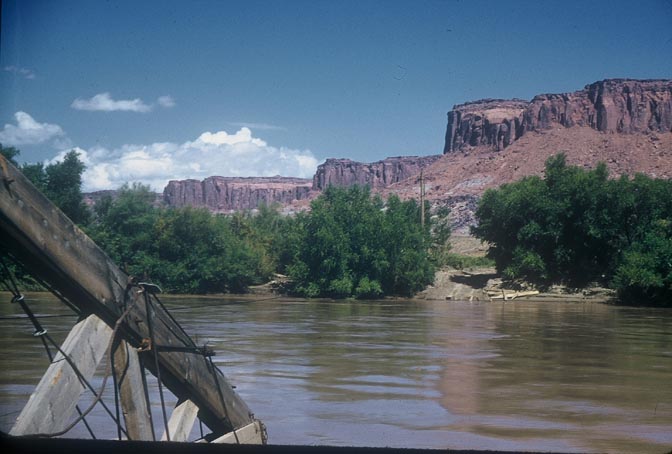
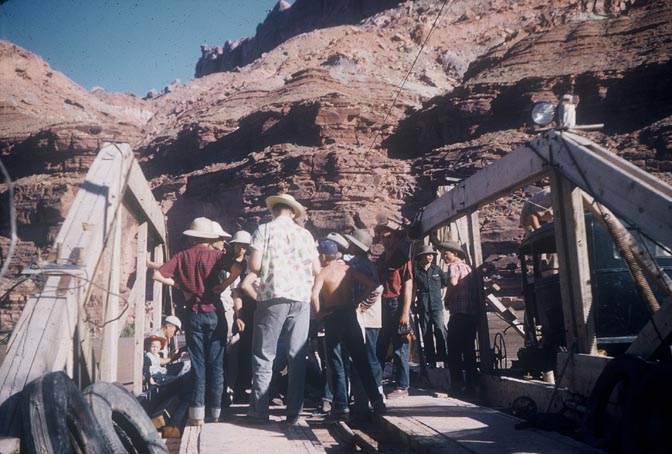
https://www.canyoncountryzephyr.com/2023/02/26/glen-canyons-nielsen-ranch-at-hite-the-untold-story-pt-1-jim-stiles-zx51/
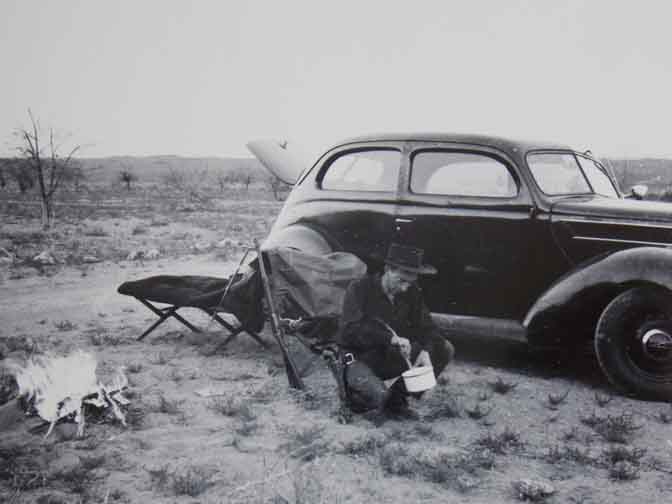
https://www.canyoncountryzephyr.com/2022/12/11/i-longed-for-the-western-life-herb-ringers-great-adventure-jim-stiles-zx39/
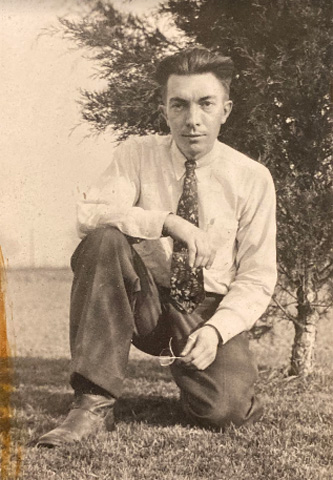
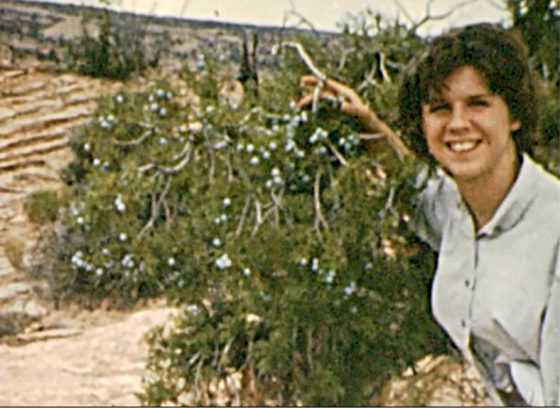
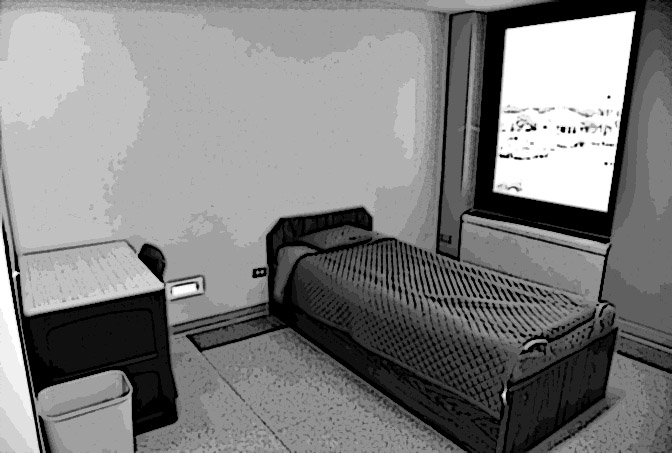
(My Recent Encounter with the Mental Health Industry) ZX#20
https://www.canyoncountryzephyr.com/2022/08/07/grief-meets-orwell-the-cuckoos-nest-by-jim-stiles-my-recent-encounter-with-the-mental-health-industry-zx20/


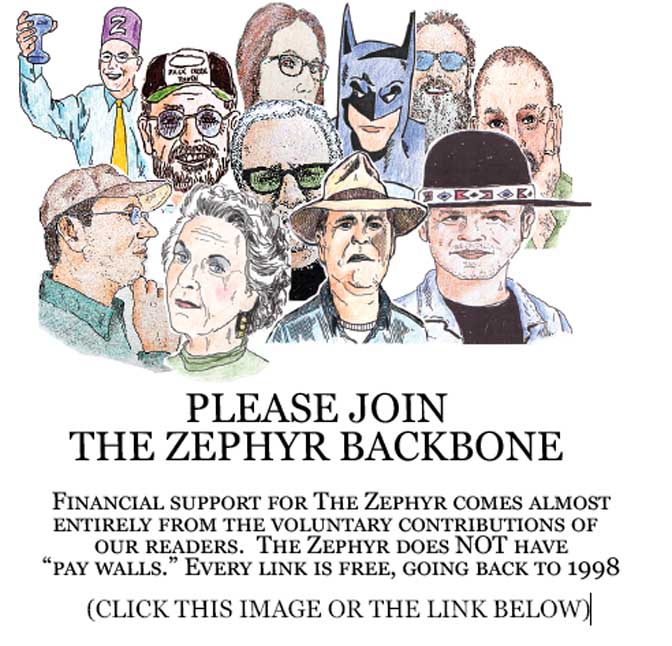
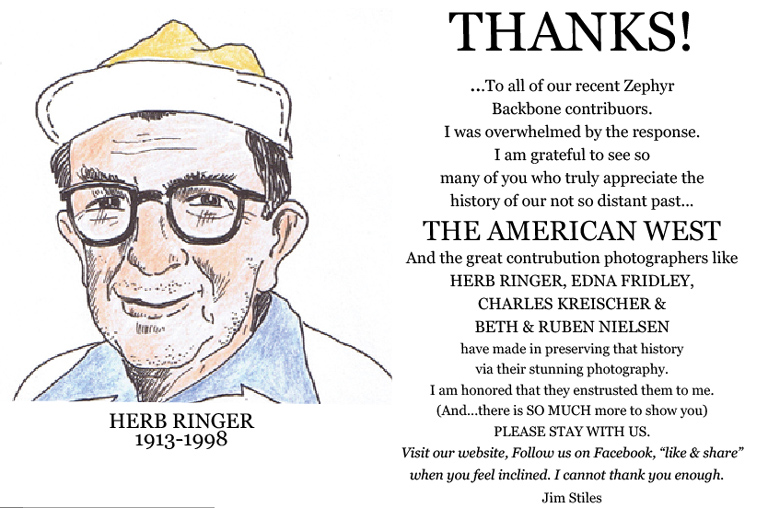
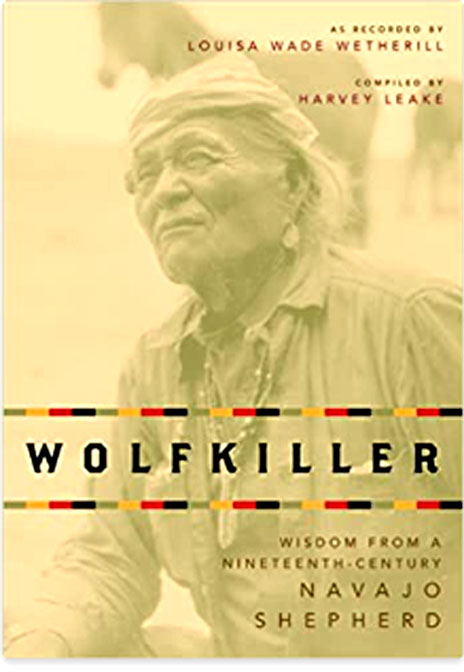
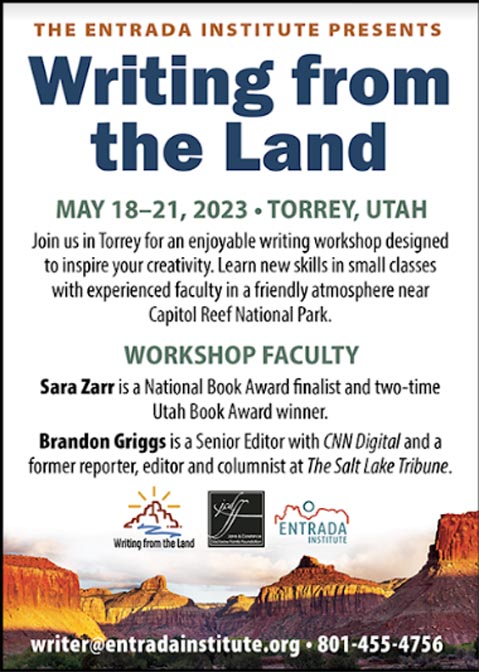
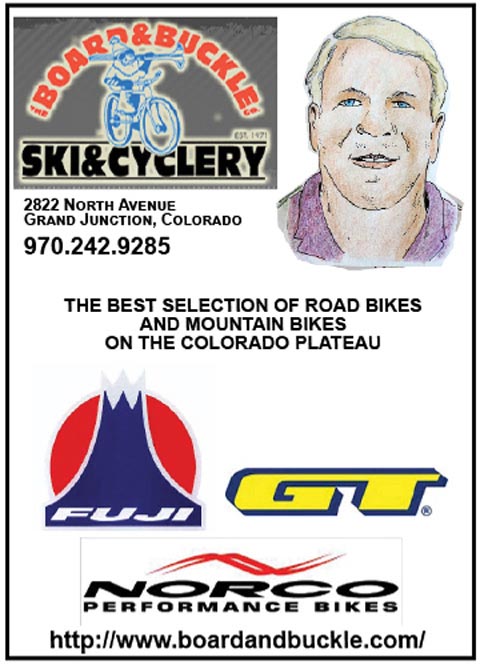
What a wonderful friendship you and Herb Ringer had! Pretty special friend to make his way to you in your time of sadness–then you to him when his eyes began to fail! The water bag was exactly like those we carried on vehicles when I was a child in our desert trips! The camera equipment he shared with you is priceless, and the service when he needed repairs is almost unheard of these days! It’s like banks–here in Las Vegas we knew the bankers and any problems with accounts were immediately rectified. Now the owners of banks are in Utah or Arizona or even India!! thank you for keeping Herb’s story alive!
I love your articles about Herb and all his photos. I feel blessed I got to see the SW between the late 70’s and early 00’s and mostly before Industrial Tourism became a thing, I only wish I had been blessed to see it when Herb did.
Thanks Jim for taking the time to share this with us all. It makes me wonder what our kids will do with the stuff we treasure when we are gone.
I wonder, and worry, about the very same thing.
This story really touched my heart. These objects are reminders of your deep friendship, of a disappearing (disappeared?) world, of skills and knowledge that are going to be lost unless people like you are able to share them. I find myself the custodian of countless artifacts that I fear will mean nothing to my child, unless I label them and provide “documentation” to illuminate their meaning, and maybe not even then. Mr. Ringer was so very fortunate to have a friend in you. Thank you for sharing these treasures and anecdotes. I love his photographs of a world that now only exists in my — our — memories.
I think the Herb Ringer Museum of the (Recent) West should be a topic of serious discussion. He chronicled and curated mementos from a time that many of us can still sense because we lived it. It was a time when we felt the West would always be loved for what it was, not for what could it be exploited. It was in many ways, a time of innocence; perhaps of fatal naivete.
awesome images and stuff, gotta love it. Are you yet familiar with The Buzzard’s Belly General Store in Cisco? Would certainly be an appropriately potential future site for the Ringer Museum… Hard to say, though, what the life expectancy of The Buzzard’s Belly might be and, of course, the lack of running water in Cisco might be a problem for the hordes of tourists.
Another great article, Jim. Just goes to show that one man’s treasures are also another man’s treasures. FYI, the water bag shown as Desert Water Bag is pre-1960. Colman bought the company then and added the word Colman. I have two of them, a short one and a long one dating to around 1950.
Keep up the